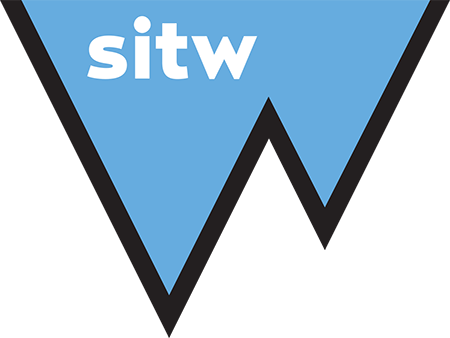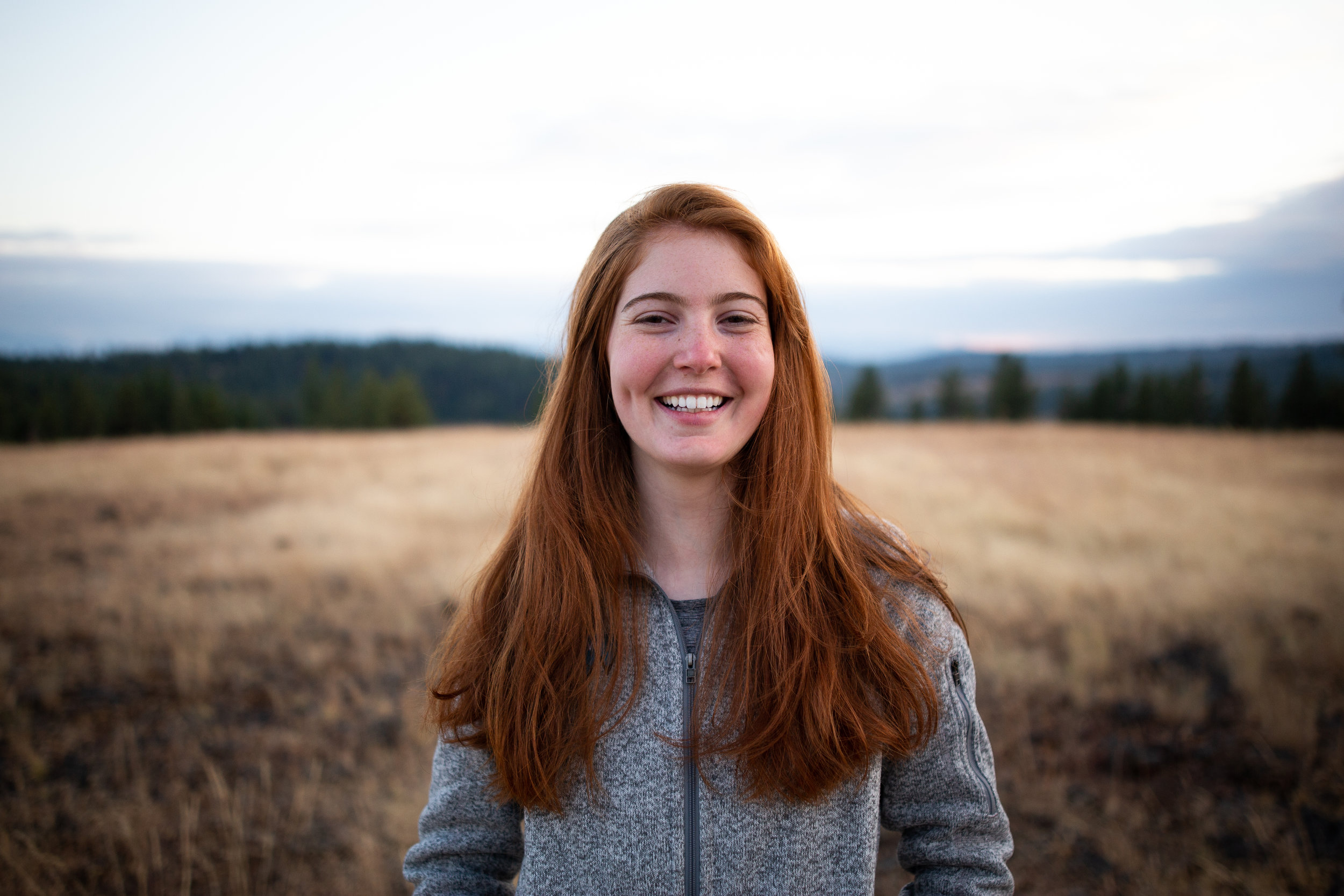2018 Podcasts
The Colorado River was long ago tamed: Manifest Destiny and a can-do attitude built dams and canals that take nearly all its water to Phoenix, Las Vegas, and Los Angeles. Mexico, home of the Colorado's mouth, was left with what remained: water that existed mostly on paper. After 100 years, this dynamic is slowly shifting.
Conservation work is frequently funded by large corporations and rich individuals trying to make an impact, but these supporters sustain their fortunes by exploiting natural resources and people. Is this hypocritical? Does it matter?
In America's rivers, the removal of beavers prompted a precipitous decline in water storage and riparian ecosystem health. By the same token, their reintroduction could transform these places for the better, but it's not as simple as putting them back where they came from.
The Navajo Nation has both benefitted and suffered from the presence of coal mines and generating stations. As these mines shut down due to increased regulation and a smaller coal market, the Navajo must transition to other sources of funding and employment. The Herder family and solar developer Brett Isaacs have some ideas for how to do that.
Ranchers have long bent the West to their will, putting cattle out to graze in deserts, mountains, and grasslands belonging to the American people. In an era of climate change, the landscape itself dictates what happens in the West. The icons of a prior age most likely to survive into a new one are those adaptable to this period of sudden change.
In the early 20th century, the Colorado River Delta was teeming with life and full of water. Now, it is dry and barren. The Sonoran Institute, a regional non-profit, seeks to reconnect the people of the Delta with the memory of what was lost and a dream of what could be regained.
Jason Nez works as a fire archaeologist, finding and protecting Native American cultural sites from the new norm of the West: wildfire. What inspires his dedication to this niche field?
Wolves are complex: the way we study them may be even more so. Wolf scientists struggle to relate with local ranchers and complete their work, while ranchers fight to have their opinions heard.
The United States was once a leader in scientific progress, but now trails behind, held back by denial of difficult truths. Could a more personal connection to science and the natural world open a path forward once more?
When grizzly bears were threatened by trophy hunting, three Jackson Hole women put in for tags. They weren't out for a kill, just a killer shot and a grizzly life saved. They told their friends, and thus a movement against hunting was founded, using the hunters' own lottery as its tool.
An analysis of what "multiple-use" really means, and whether the federal land management agencies are actually upholding their central mandate.
Cindy Abrams has always been frustrated by the lack of political discourse in her community. In this podcast, she investigates whether this apathy and aversion to disagreement continues in the West.
Environmentalists and ranchers alike are trying to restore the West, one bit at a time, but are stymied by powerful legislation designed to conserve natural environments. Is it time to modernize an aging system of land protection?
Where large disagreements exist, collaborative groups have been used to find compromise and unite communities. But collaboration takes time, which in an era of climate change, the West is short on.
Steve and Robin Boies are ranchers working to protect their reputation as stewards of public land, but face illogical public policy and environmentalists seeking one-size-fits-all solutions to nuanced problems.
Individualism has always stood as an American ideal, but this does little to help one's neighbors. The Navajo Nation retains its ruggedness by banding together en route to an uncertain future.
Grizzly bears have long been protected by the federal government, but when the government decides the bears are thriving, what happens? A bureaucratic nightmare for Yellowstone's most prized species.
Steve Fuller has spent the winters of his life snowbound in the center of Yellowstone National Park. Why?
Karrie Kahle worked to bring the Paradise Valley together against risky exploratory mines in one of Earth's most beautiful locales. Her coalition of businesses and citizens could be an example of how to best use local organizing to stop multinational corporate power.
In the 1990's, the timber industry of Wallowa County collapsed overnight. With work programs and collaborative groups, Wallowa Resources has invigorated the county with new life by opening sustainable timber harvest and opportunities for conservation.
After full careers in business, when they could have happily retired and not worked another day, Tom Campion and Doug McDaniel opted out. For Tom, the Arctic beckoned as the last truly wild place on earth. For Doug, the river in his backyard couldn't hold fish. Each took the rougher lane at the end of the road: why?





















